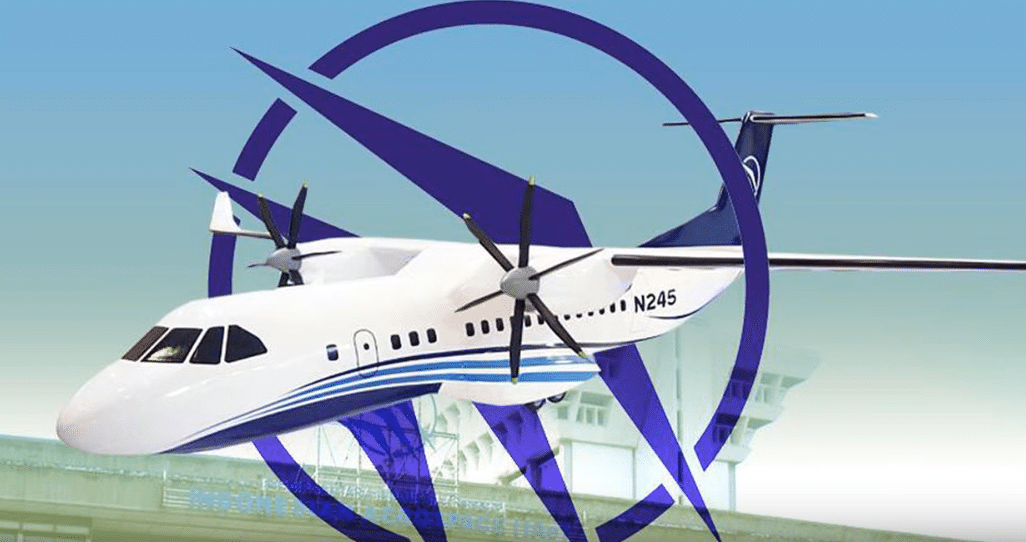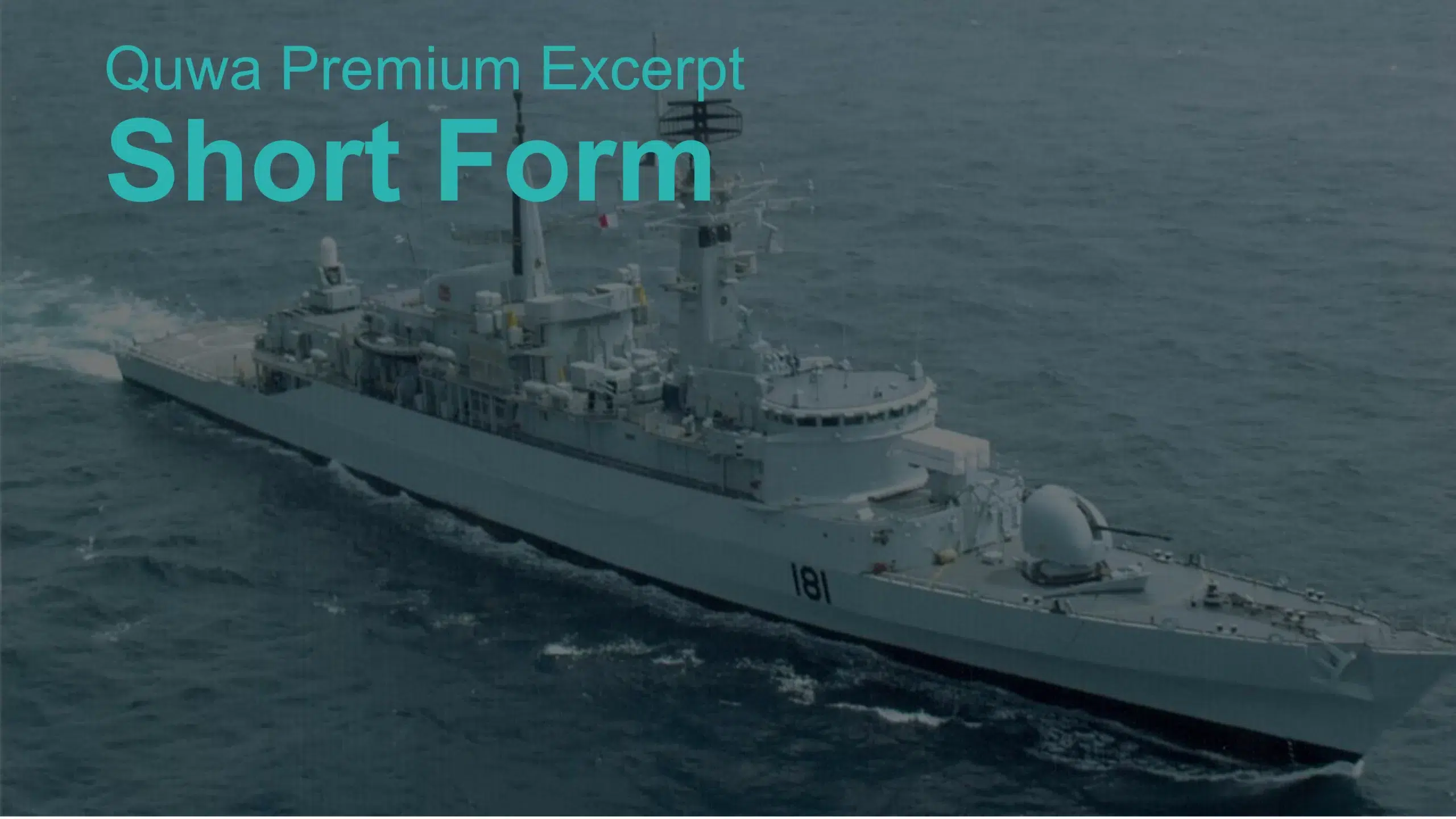34Views 3Comments

Indonesian and Turkish aviation firms agree to collaborate on N245 commuter aircraft
PT Dirgantara Indonesia (PTDI) and Turkish Aerospace Industries (TAI) signed a “Framework Agreement” on 06 July calling upon bilateral collaboration between the two aviation vendors.
In its official press release, TAI states that the agreement will see TAI collaborate with PTDI on the latter’s CN-235-based N245 commuter aircraft and N219 utility aircraft. Besides technical support, activities will also include joint marketing and other business initiatives.
PTDI and TAI will also cooperation in unmanned aerial vehicles (UAV), aerostructures and development in other areas of aeronautics.
The Framework Agreement follows a memorandum-of-understanding (MoU) signed by PTDI and TAI at the 2017 International Defence Industry Fair (IDEF), which took place in Istanbul in May.
Notes & Comments:
Being a development and co-production partner of the CN-235, PTDI is aiming to convert the venerable lightweight transport into a cost-effective commuter airliner. Under the N245 program, the CN-235 will eschew its rear-ramp and incorporate a new T-tail as well as Pratt & Whitney PW127 turboprop engines.
The N245 will have a capacity of 50 passengers and an internal payload of 5,500 kg. It will retain the CN-235’s versatility in hot-and-high conditions and rugged environments, such as incomplete runways. PTDI aims to have the N245 compete against the industry incumbent ATR-42.
Derived from the PTDI NC212, the N219 is being developed to compete with lightweight turboprop transports such as the Cessna Grand Caravan EX. In fact, the N219 will be a twin-engine design – using two Pratt & Whitney PT6A-42 turboprop engines. The N219 will have a passenger capacity of 19 and be positioned for civil and military requirements alike. Like the N245, the N219 will be optimized for use from unprepared runways, enabling it to operate from remote and inaccessible areas.
Jakarta hopes that the N245 and N219, which it considers programs of strategic importance, will draw upon Indonesia’s domestic requirements, which are borne from both public and private sector users. In fact, both programs draw upon existing designs, helping PTDI control the development cost overhead and, in turn, acquisition costs. Traction in the Indonesian market (with its 16 commercial airlines) could provide these aircraft with scale from the onset, making them competitive in the global market.
Turkey had also hoped for building a domestic airliner. In 2015, the Turkish Undersecretariat of Defence Industries (SSM) awarded the U.S.-based (but Turkish-American owned) Sierra Nevada Corporation (SNC) and its TRJet initiative to spearhead the program. SNC owns the German aircraft marker Dornier, and had proposed a variant of the Dornier 328 in the TRJ328. It is not clear where the TRJet initiative is currently at in terms of progression, though TAI’s entry into the PTDI N245 could provide a complementary avenue.


